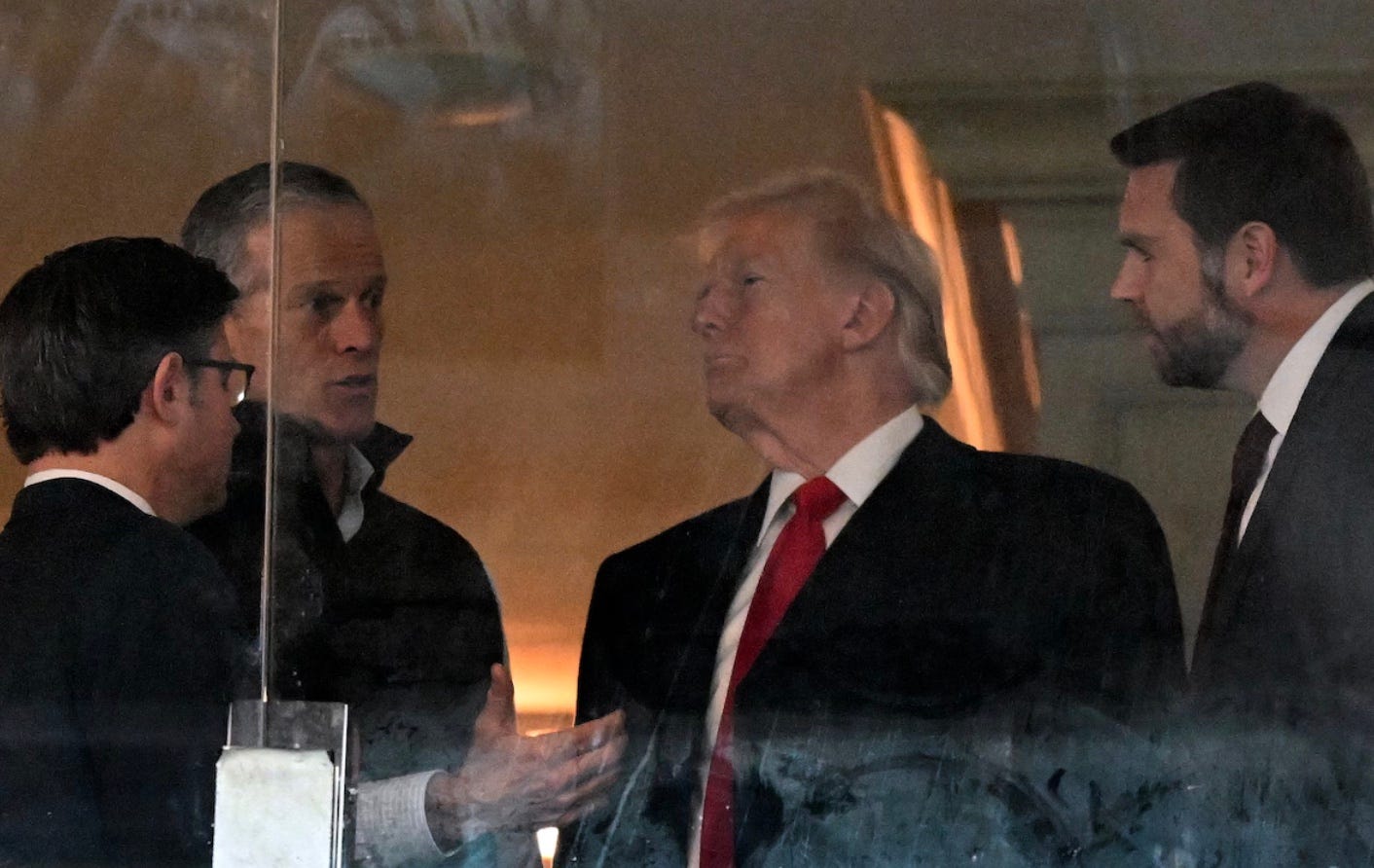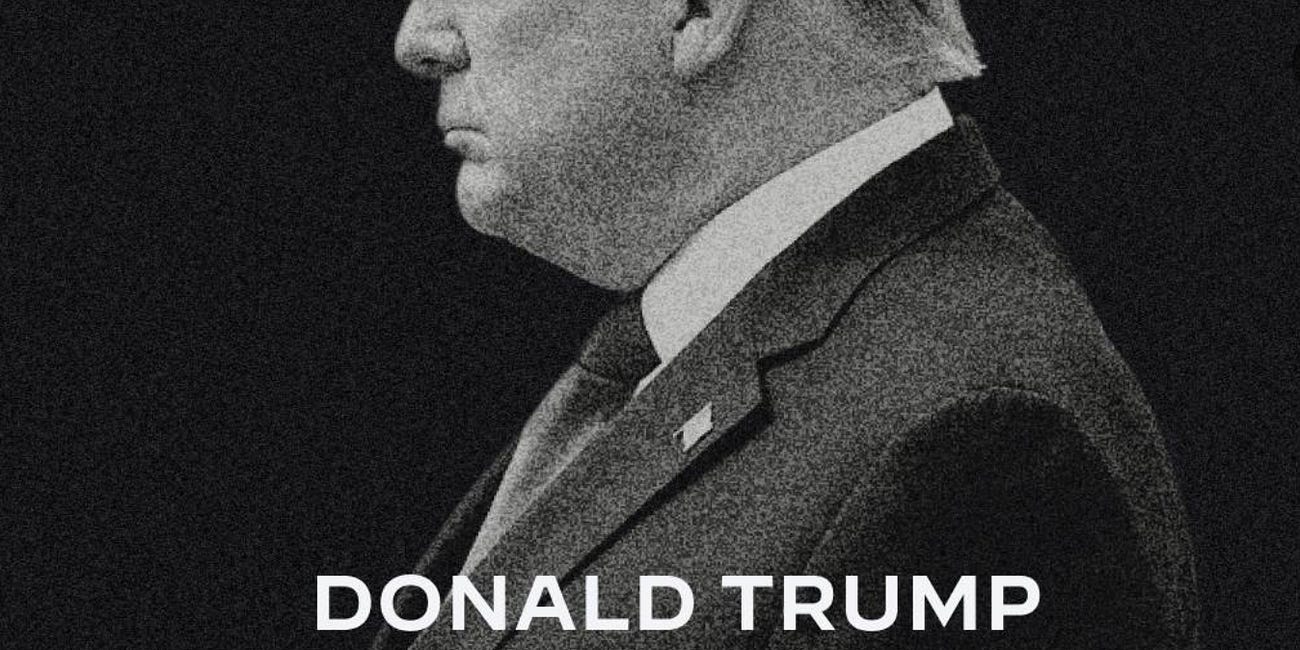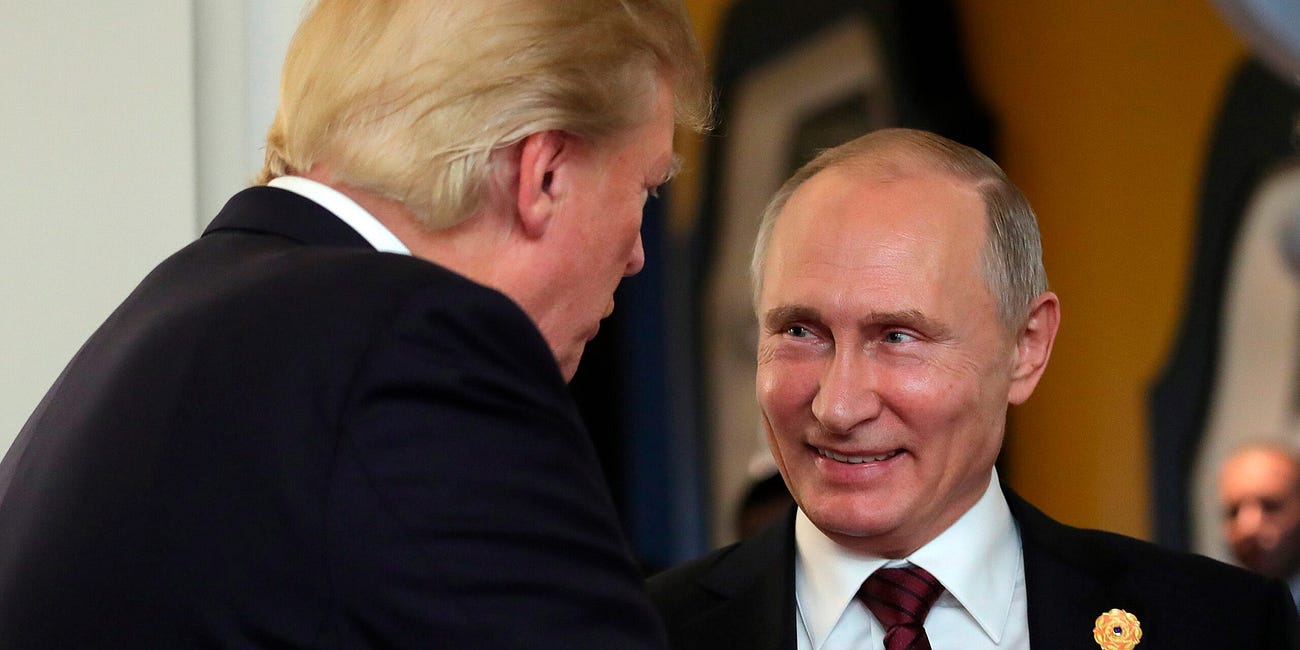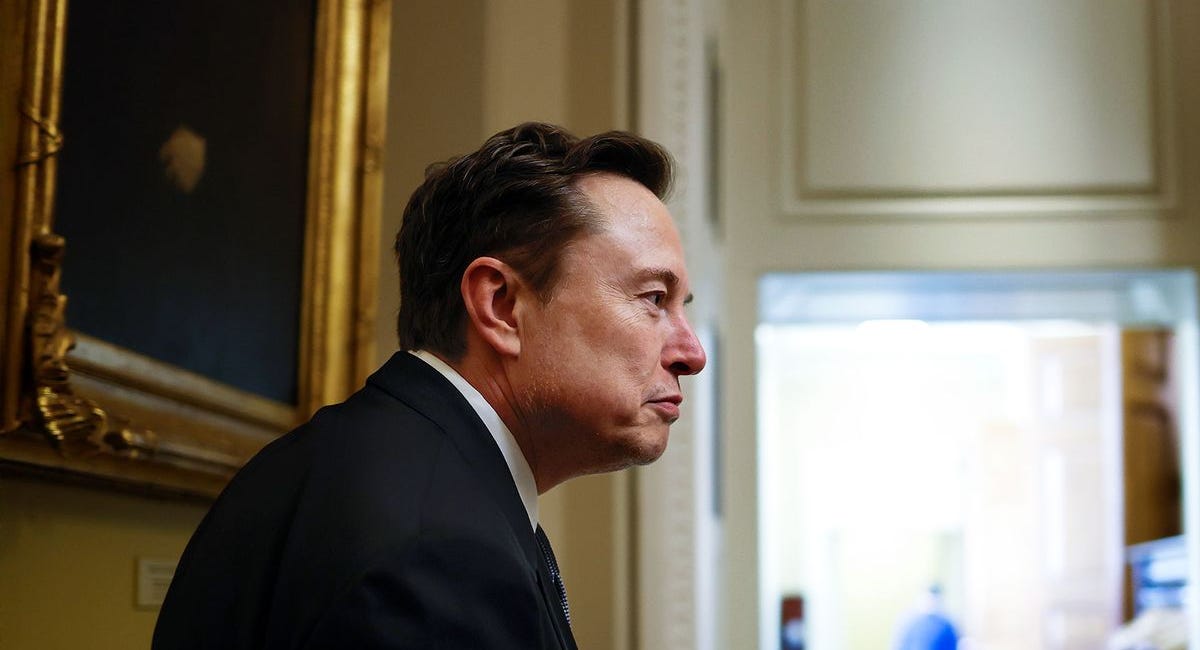Trump Doesn't Rule Out Using Military Force Against U.S. Allies, Bolstering Russia's Strategic Goals
Trump Floats Military Action to Seize Panama Canal and Greenland, Threatens Economic Coercion Against Canada

Trump hasn’t even returned to the White House, yet his foreign policy rhetoric is already signaling a troubling and predictable shift. With active wars raging in Europe, where Russia’s genocidal invasion of Ukraine continues, and a war in the Middle East, Trump has chosen to focus on threatening a NATO ally with a potential invasion,
At a press conference held at Mar-a-Lago, an angry and unhinged Trump refused to rule out deploying military force to seize Greenland and the Panama Canal. He escalated his rhetoric by threatening economic coercion against Canada, justifying these provocative stances by claiming that these territories are essential to U.S. economic security.
Trump’s statement " We need Greenland for national security" as a rationale for military threats, Trump is employing the same false justification used by Russia when it invades other countries—leveraging ‘security concerns’ as a pretext for aggression.
Adding fuel to the fire, Donald Trump Jr.’s current visit to Greenland suggests a calculated move to pressure the autonomous Danish territory—a founding member of NATO. Trump’s eldest son landed in Greenland on Tuesday, describing the visit as private. However, his entourage included Charlie Kirk and Trump Sr.’s personnel director, Sergio Gor, whom the former president described as his representatives.
Meanwhile, at the press conference, Trump yet again shifted the blame on NATO for Russia’s invasion blatantly repeating Kremlin propaganda. “Russia for many years said you could never have NATO involved with Ukraine. That’s been like written in stone. And Biden said no, they should be able to join NATO. Then Russia has somebody right on their doorstep. I could understand their feelings about that,” Trump stated, normalizing Kremlin lies and effectively whitewashing Russia’s unprovoked genocide, aggression, and war crimes in Ukraine.
At the same time, Elon Musk, leveraging his influence through X, has been advancing political narratives that align with Russia’s interests across Europe and beyond. Musk has openly endorsed far-right movements, such as Germany’s pro-Russia Alternative for Germany (AfD), calling them “the last vestige of hope” and providing their leader, Alice Weidel, with an exclusive platform interview ahead of Germany’s elections. These actions have raised alarms within the European Union about the potential for algorithmic manipulation to promote Kremlin-backed messages, exemplified by the case in Romania, where TikTok amplified a pro-Putin candidate. Musk has also been actively involved in efforts to destabilize the UK and Canada.
The only party that stands to gain from Trump’s rhetoric threatening military force against a NATO ally, propping up far-right parties, destabilizing the political affairs of our allies, and promoting Russian propaganda on Ukraine is Russia.
Kremlin’s Wish List
Trump’s rhetoric and Musk’s interventions converge on one undeniable outcome: the erosion of democratic norms and the weakening of U.S. alliances serve Russia’s interests above all.
By sowing division, threatening a military invasion of a NATO ally, propping up and promoting far-right extremist parties—to which Russia provides logistical and financial support—and destabilizing allies like the UK, Germany, and Canada, these actions directly align with the Kremlin’s objectives and are part of their wish list.
As Russia escalated its hybrid war attacks on NATO allies last year, Trump once again raised profound questions about the future of the transatlantic alliance. At a rally in Conway, South Carolina, Trump brazenly declared his encouragement for Russia to act with impunity and attack NATO members failing to meet their “defense spending obligations.” This sent shockwaves throughout Europe and beyond, drawing sharp criticism from NATO allies.
At the rally, Trump spewed that “one of the presidents of a big country stood up and said, 'Well, sir, if we don't pay and we’re attacked by Russia, will you protect us?' I said, ‘You didn’t pay, you’re delinquent?’ He said, ‘Yes, let’s say that happened.’ 'No, I would not protect you. In fact, I would encourage them to do whatever the hell they want. You gotta pay. You gotta pay your bills.’”
However, Trump’s concern isn’t truly about NATO’s defense spending; rather, it’s about weakening and potentially dismantling the very alliance that held the Soviet Union in check from Russia’s imperialist ambitions—a key objective of KGB Putin.
As I warned last year, should Trump return to power, we can kiss our real allies goodbye. The consequences of undermining NATO and aligning with Russia's interests would not only jeopardize American security but also weaken the Western alliance, leaving authoritarian regimes free to exploit these divisions.
Foreign Policy Aggression: A Playbook from the Authoritarian Handbook
Russia’s authoritarian model offers a blueprint for understanding Trump’s potential trajectory. By adopting aggressive and unpredictable foreign policy moves, regimes distract from domestic failures while consolidating power. Under Trump’s leadership, the United States risks following a similar path of military adventurism, election meddling, and alliance withdrawal. Russia’s strategy of leveraging external conflicts to divert attention from domestic failures is parallel to Trump’s foreign policy approach.
Trump’s rhetoric on Greenland and the Panama Canal signals a disturbing readiness for military adventurism. This strategy—provoking or escalating international conflicts—would serve to stoke nationalist fervor, rally domestic support, and distract from pressing domestic issues, further deepening divisions and destabilizing alliances. Just as Russia uses external tensions to bolster its grip on power, Trump may seek to exploit similar tactics to solidify his power—at the cost of long-term global stability.
Trump's Rhetoric Should Be Taken Very Seriously
Under Trump, the erosion of alliances with democratic nations would accelerate. His antagonistic approach to NATO, coupled with overtures to autocratic regimes like Russia and China, signals a shift towards isolationism and confrontation. By undermining international norms, Trump aligns the U.S. with regimes that share his disdain for democracy and human rights.
Trump must be taken seriously. The media and pundits can no longer treat his rhetoric as a joke, as they have for the past decade. Journalists need to stop soft-peddling his dangerous ideas and hold him accountable, and in this case, make sure every Republican's position on invading a NATO ally is on record. Trump is more dangerous than ever, and the consequences of his policies could be catastrophic. Trump’s threats and actions—both foreign and domestic—will require immediate, no-nonsense coverage.
Thank you for reading! In times like these, I believe information should always remain accessible. If you’d like to support this newsletter and help keep it free for everyone, please consider becoming a paid subscriber. Your support makes a big difference, and I truly appreciate it ❤️







